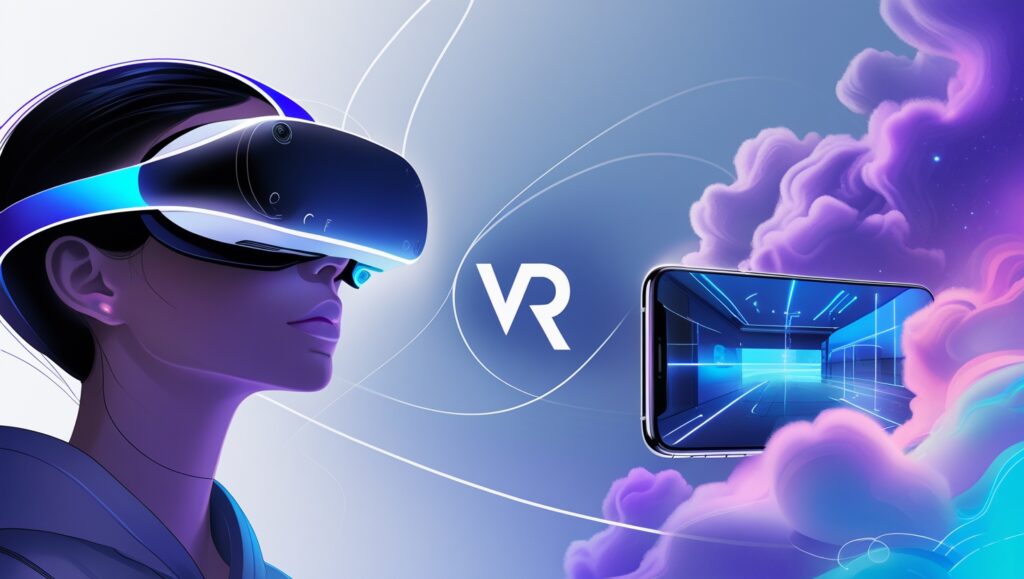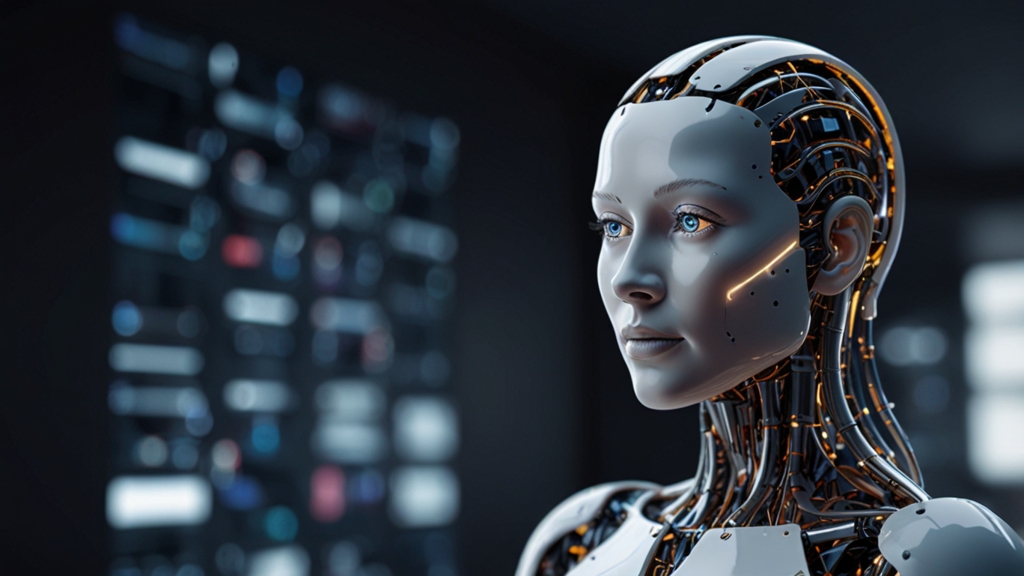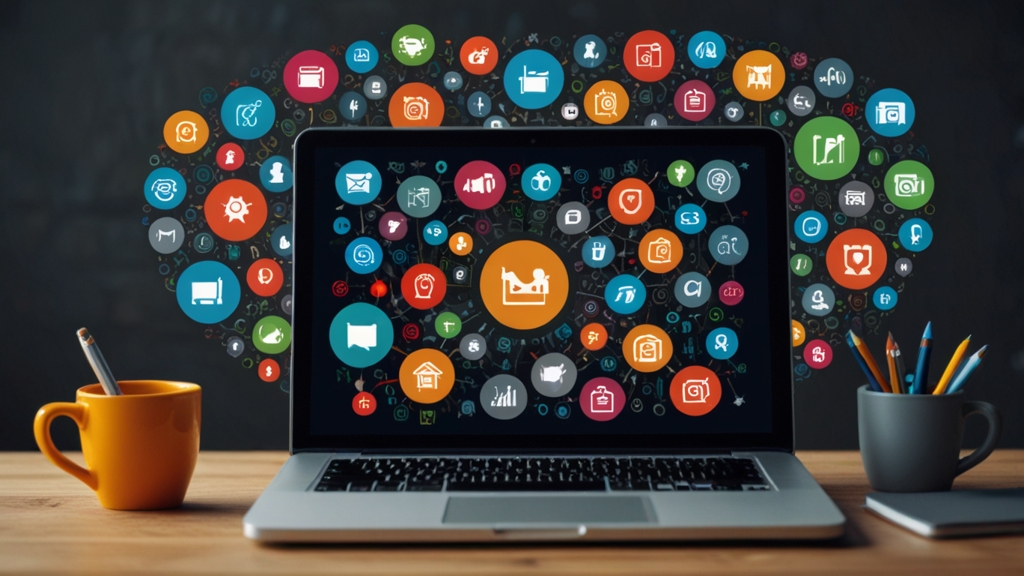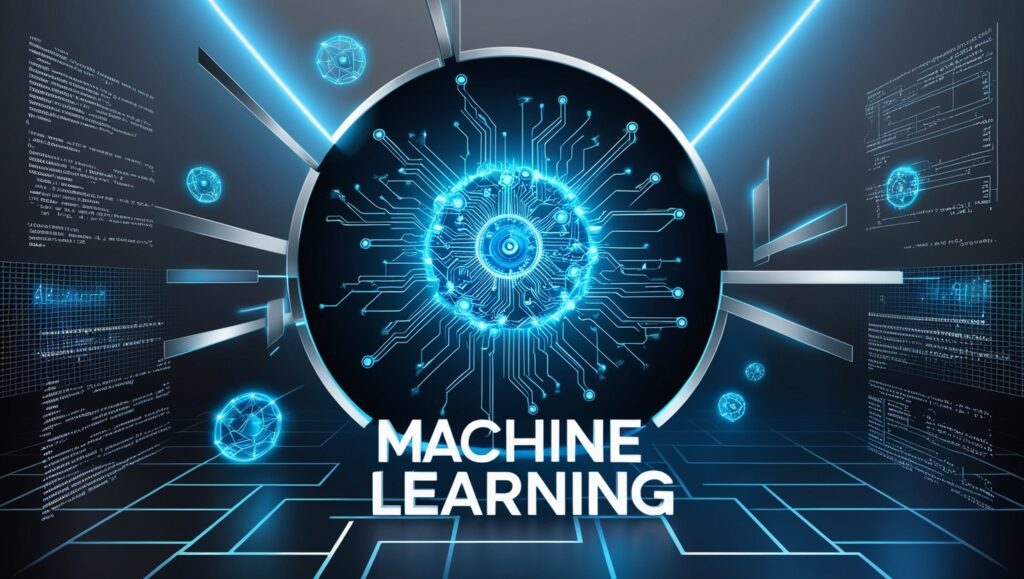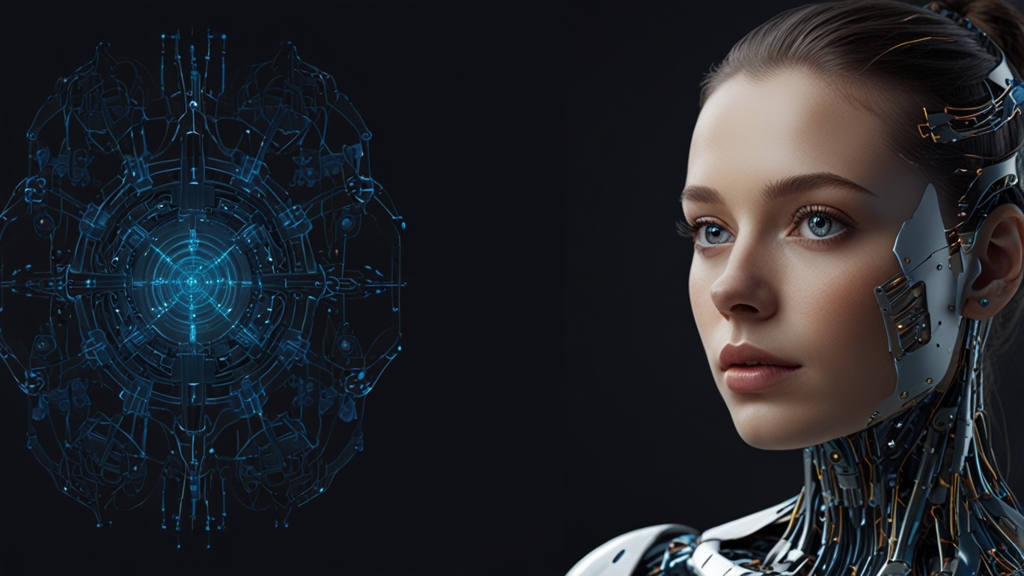Artificial Intelligence (AI): Transforming the Future
Artificial Intelligence, now known as AI, is no longer a concept of science fiction, but an imposing transformative force in innovation. The ways in which people live and work, or even think about technology, are being wholly reconstructed at every level. We delve into the details of AI: starting with what AI is, its evolution, types of AI, applications and benefits, challenges faced in the development and use, and finally, its possible future.
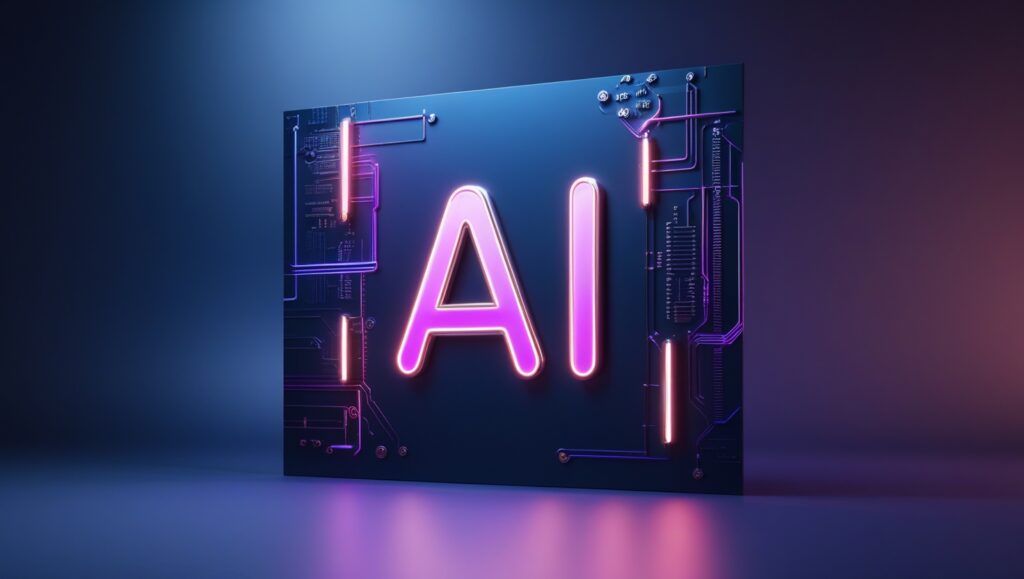
What is Artificial Intelligence?
Artificial Intelligence refers to the replication of human intelligence in machines that are programmed to think and learn from experience, thus being able to solve problems. These systems analyze data, recognize patterns, and make decisions with minimal intervention from humans. AI encompasses a wide variety of technologies that include machine learning, natural language processing, computer vision, and robotics.
The Evolution of AI
- 1950s – The Birth of AI: The term “Artificial Intelligence” was coined by John McCarthy in 1956. Early research focused on problem-solving and symbolic methods.
- 1980s – Expert Systems: AI systems that were designed to emulate the decision-making ability of human experts became prevalent.
- 2000s – Machine Learning: A greater leap was taken by the emergence of machine learning, which let systems learn from data.
- Deep Learning and Big Data : Deep learning models, powered by neural networks and access to big data, accelerated AI’s capabilities.
- Present: AI now integrates into everyday life through smart assistants, autonomous vehicles, and deep analytics.
Types of AI
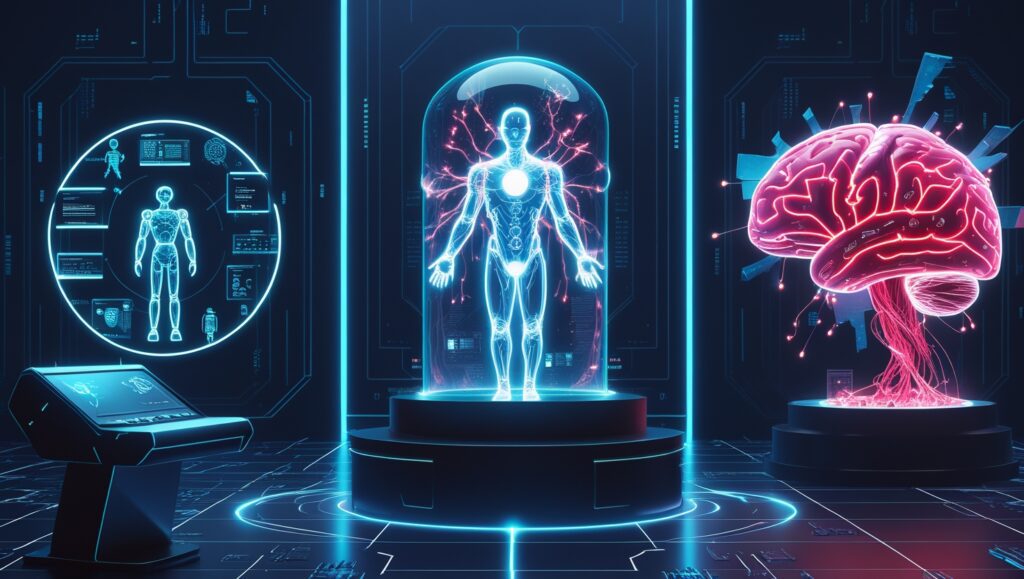
AI is categorized into three types based on capability and functionality:
- Narrow AI (Weak AI): Focuses on specific tasks-from virtual assistants like Siri, Alexa, and more.
- General AI [Strong AI]: A theoretical AI that can perform any intellectual task as well as a human.
- Superintelligence: The term describes a concept related to some AI in the future that will be much smarter compared to human intelligence altogether.
Applications of AI Across Industry Segments
1. The Healthcare
AI is revolutionizing healthcare by:
- Diagnostics: Diseases such as cancer can be diagnosed through medical data analysis using AI-powered tools, for instance, IBM Watson.
- Personalized Medicine: Algorithms make it possible to tailor treatments to the genetic profile of each patient.
- Robotic surgery: Robots like those of the da Vinci brand therefore grant much more precision with the surgeries, reducing recoveries.
- Telemedicine: AI-powered platforms make it easier to have consultations from a distance and remotely monitor the patient.
2. Education
AI will enhance learning experiences by:
- Personalized Learning: The adaptive learning platform provides tailored content for the performance level of each student.
- Administrative Efficiency: Artificial Intelligence automates tasks like grading and scheduling.
- Language Translation: AI is used by tools like Duolingo to teach languages effectively.
- Virtual Tutors: Chatbots are ready upon demand to assist scholars.
3. Business
Businesses use AI to:
- Smarter Operations: Predictive analytics streamline supply chains and inventory management.
- Customer Engagement: AI chatbots help improve customer service by providing support 24/7.
- Fraud Detection: Suspicious transactions are detected in real time by machine learning models.
- Market Insights: Salesforce Einstein is one example of such tools that analyze trends and guide strategic decisions.
4. Transportation
AI advancements in transportation include:
- Autonomous Vehicles: Tesla and Waymo are proud of making cars for self-driving.
- Traffic Flow Control: Artificial Intelligence foretells traffic congestion and creates optimal current traffic conditions.
- Fleet Management: Artificial Intelligence is being increasingly utilized in logistics firms for efficient delivery.
5. Entertainment
AI can improve user experiences around entertainment by:
- Content Recommendations: AI-powered content recommendations are powered by platforms like Netflix and Spotify.
- Gaming: AI powers advanced gaming environments with intelligent NPCs (non-player characters).
- Creative Arts: Tools like DALL-E and Mid Journey generate artwork and music.
Benefits of AI
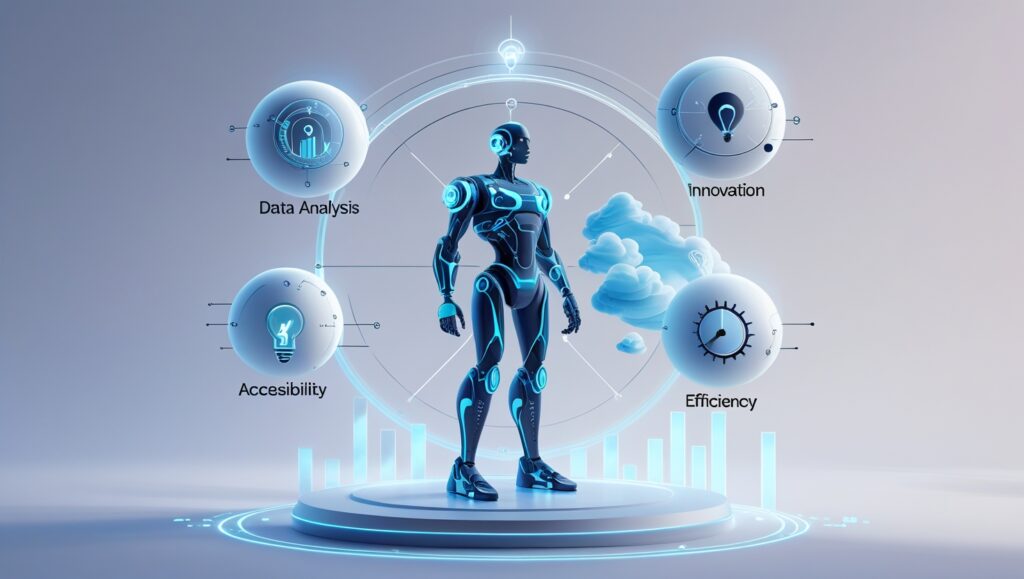
- Efficiency: Automation reduces the use of manual labor, increasing accuracy.
- Data Analysis: Artificial Intelligence processes a lot of data at incredible speeds and uncovers actionable insights.
- Innovation: Propels advancements in fields such as medicine, renewable energy, and space exploration.
- Accessibility: AI-powered tools serve to facilitate the lives of people with disabilities.
Challenges of AI
- Ethical Concerns: Bias in algorithms and data privacy remain contentious.
- Job Displacement: Automation threatens traditional employment in various sectors.
- Security Risks: Vulnerabilities in AI systems can result in cyber attacks and potential misuse.
- Regulation: The rapid development pace of AI overwhelms lawmakers in setting up guidelines.
The Future of AI
- Human-AI Collaboration: It will enhance human productivity and creativity.
- Health Care: AI is leading to breakthroughs in inventions of drugs and treatment depending on the exact type in precision medicine.
- Sustainable Development: AI can smoothen energy consumption and further the cause of greener technologies.
- Ethical AI: Emphasize the development of transparent and accountable AI systems.
- Conclusion
- Artificial Intelligence is a game-changing technology that continues to redefine possibilities across industries. While challenges remain, the potential benefits of AI far outweigh the risks when implemented responsibly. Embracing AI with a forward-thinking approach will unlock new opportunities and drive humanity toward a smarter, more connected future.




